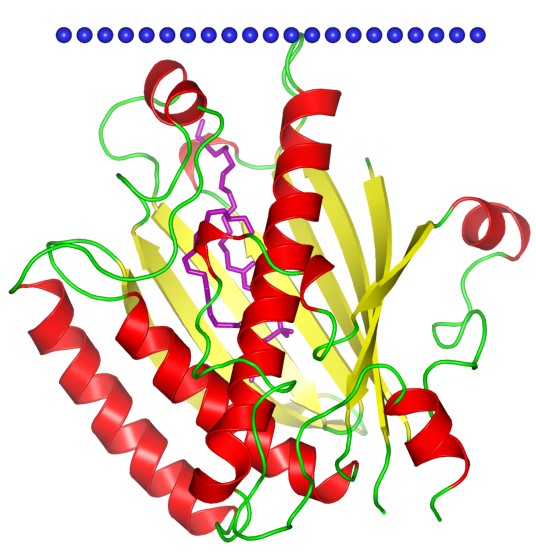Creative Biostructure provides custom Mempro™ Bet v1-like superfamily protein production services based on the innovative plant system.
Our Mempro™ plant-based protein production platform has several significant advantages including:
1. animal-free,2. low endotoxin,
3. low protease activity,
4. cost-effective,
5. easy storage and distribution,
6. friendly environment
7. free of infectious or toxic contaminants.
Recombinant membrane proteins expressed by plant system are free of animal components, serum, endotoxins and antibiotics as well as human or animal infectious agents or other endogenous mammalian contamination.
We can employ various types of host plants for recombinant membrane proteins production through stable transformation or transient expression, such as Nicotiana benthamiana (tobacco), Medicago rativa (alfalfa), Arabidopsis thaliana (A. thaliana), potato, maize, barley and lettuce.
Bet v1-like superfamily protein is known as the white birch (Betula verrucosa) major pollen allergen, which is the prototype for the PR-10 protein family of plant pathogenesis-related (PR) proteins. It is well known that Bet v1-like protein from birch pollen is a lipocalin-like protein. Bet v1-like superfamily contains a TATA binding protein (TBP)-like fold that containing beta-alpha-beta(4)-alpha structural domain. Proteins possessing Bet v1-like fold have been found to be involved in lipid transport or metabolism and pathogenesis as well as other biological functions, such as biosynthesis of secondary metabolites, degradation of aromatic compounds, and antibiotic resistance.
 Figure 1. The structural model of hosphatidylinositol transfer protein beta isoform. (OPM Database)
Figure 1. The structural model of hosphatidylinositol transfer protein beta isoform. (OPM Database)
With the Mempro™ plant-based protein production platform, Creative Biostructure is capable of expressing, isolating, purifying and crystallizing Bet v1-like proteins to facilitate the study of their biological functions. Misfolding, aggregation, inactivity, poor stability and solubility, etc. are the common difficulties encountered in cell-based expression system. Strikingly, these difficulties can be bypassed in our first-class plant-based expression system. And recombinant membrane proteins from this system are particularly crucial for customers concerned with experimental variables caused by trace animal components or mammalian pathogens. In addition, post-translational modification such as glycosylation and disulfide bonds can be introduced in plant system.
Creative Biostructure can also provide Mempro™ plant-based virus-like particles (VLPs) production services, Mempro™ animal-free recombinant protein production services and Mempro™ membrane protein production services. Please feel free to contact us for a detailed quote.
References:
A. Wiktorek-Smagur, et al. (2012). Green way of biomedicine – how to force plants to produce new important proteins. Transgenic Plants-Advances and Limitations, Chapter 3. doi: 10.5772/1409.
F. Junge, et al. (2008) Large-scale production of functional membrane proteins. Cellular Mol. Life Sci., 65 (11): 1729-1755.
F. Roth-Walter, et al. (2014). Bet v1 from birch pollen is a lipocalin-like protein acting as Allergen only when devoid of iron by promoting Th2 lymphocytes. J. Biol. Chem., 289: 17416-17421.
J. Chakrabortya and T. K. Duttaa (2011). From lipid transport to oxygenation of aromatic compounds: evolution within the bet v1-like superfamily. J. Biomol. Struc. Dynam., 29(1): 67-78.
